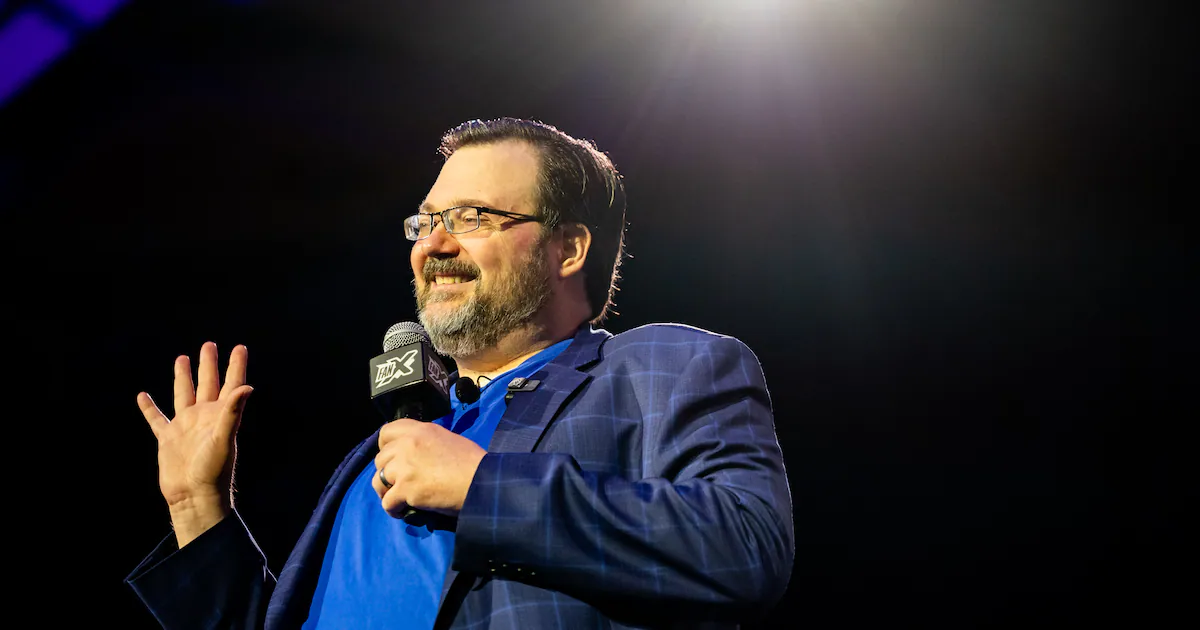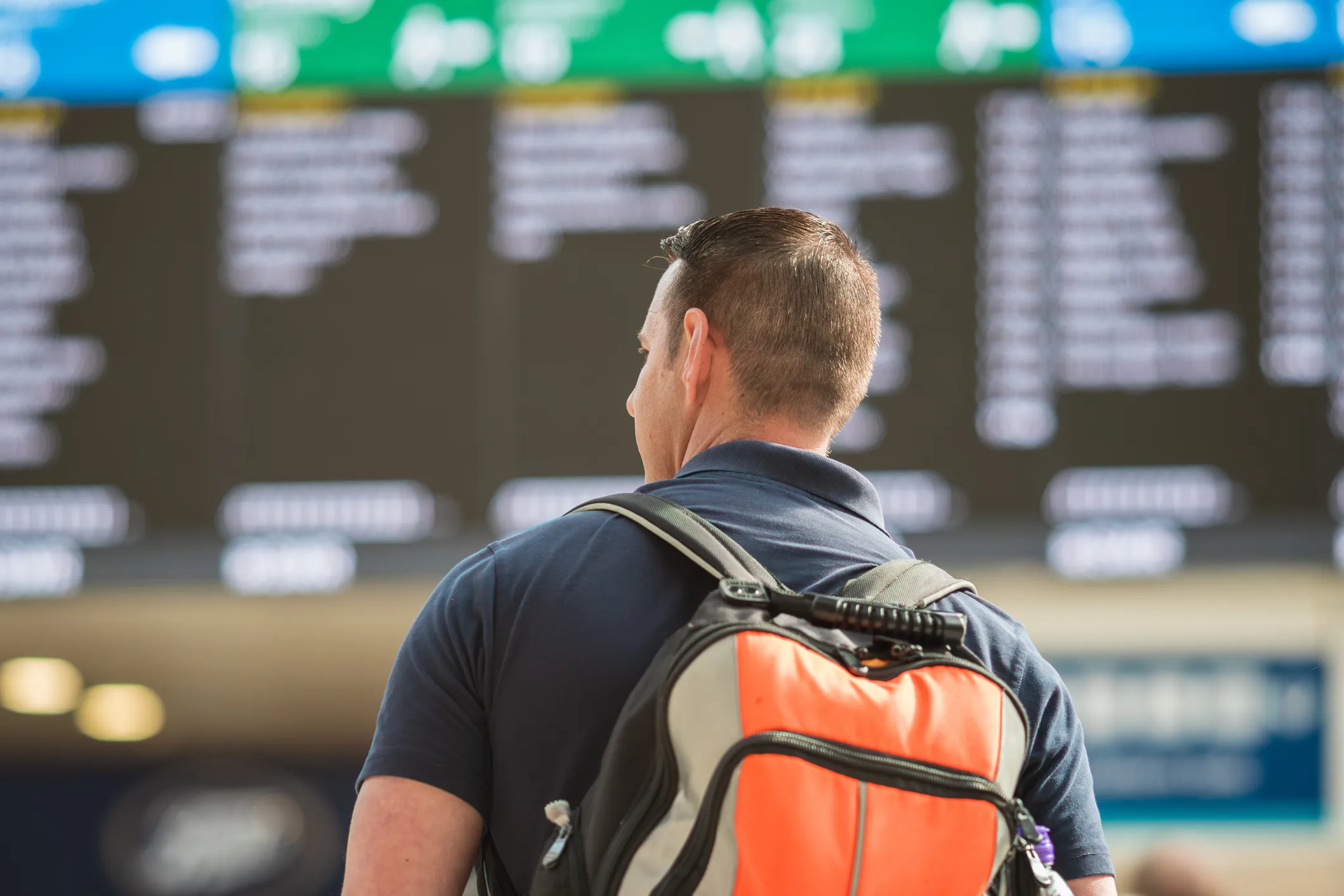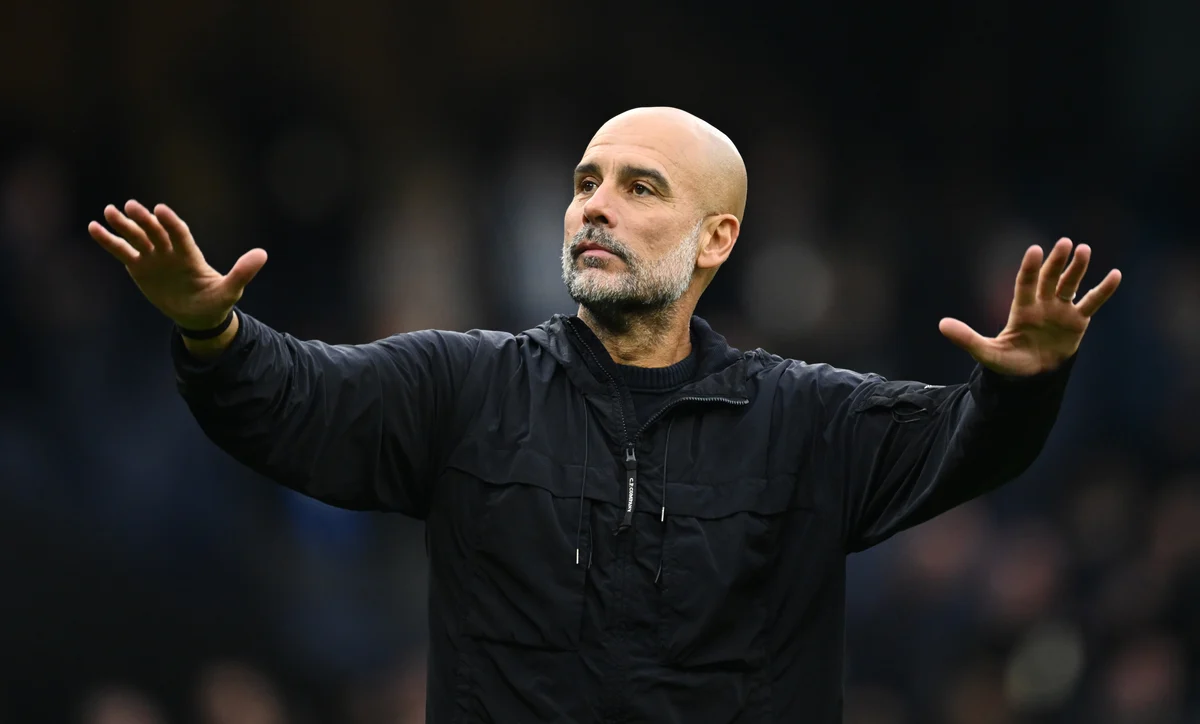Copyright menafn

Guebara mentioned measures being implemented at Seara The Global Director of Sustainability and Corporate Affairs at MBRF, Paulo Pianez, said the company, owner of brands such as Sadia, a market leader in Gulf countries, has a division exclusively dedicated to the halal segment.“When connecting sustainability and halal, the concepts align perfectly. When we talk about sustainability, we talk about integrity, ethics, ensuring fair distribution of what is produced, and producing in the best possible way,” Pianez said. This year's GHB edition focuses on“halal green,” exploring how halal concepts connect with the challenge of sustainability. Halal products are made according to Islamic guidelines, following strict standards of hygiene, animal welfare, and employer-employee relations. Halal products cannot contain pork derivatives or alcohol, both prohibited in Islam. Al Dafiri: Investing in people and expertise drives results in halal production and environmental sustainability Seara Alimentos' Sustainability Director, Sheila Guebara, said the company follows various sustainability standards, from renewing its fleet to reduce greenhouse gas emissions to adopting regenerative agriculture, which aims to restore green areas, integrate them with livestock, and partner with cattle producers. The Secretary-General of the Standards and Metrology Institute of Islamic Countries (SMIIC), Ihsan Övüt, said some halal practices are already monitored and evaluated by the institution and contribute to sustainability concepts.“When we talk about animal welfare, it means animals must grow free from abuse, which is halal, and this naturally meets ethical sustainability standards,” he said. Pianez: Halal and sustainability complement each other The Executive Vice President for Regulatory Affairs and Research at the Saudi Halal Center, Mohammad Al Dafiri, said the institution, which sets halal standards, seeks to apply governance to sustainable development. Investments in halal production also address sustainability needs, such as training and developing personnel for halal production. Another example includes technology investments, which help capture and reduce gas emissions while establishing and raising halal standards. The panel moderator, Coordinator of the Agribusiness Studies Center at Getulio Vargas Foundation, Guilherme Soria Bastos Filho, noted that Brazil will host the COP30 Climate Summit, starting November 10, putting sustainability in Brazil in the spotlight. Guebara said this COP will provide an opportunity for companies to showcase their efforts in promoting sustainable development in Brazil.“Sustainability is the combination of performance across multiple areas,” said Guebara. Guilherme Soria: Brazil will be in the spotlight starting in November with the COP30 The forum is organized by the Arab-Brazilian Chamber of Commerce (ABCC ) and FAMBRAS Halal Certifier. GHB sponsors include MBRF (Marfrig – BRF), MODON (Saudi Authority for Industrial Cities and Technology Zones), Seara, CaraPreta Carnes Nobres, EcoHalal, Emirates, Grupo MHE9, Laila Travel, Prime Company, and SGS, with catering by Água Mineral Frescca and Pão & Arte Frozen Bread. Strategic partners include the Islamic Chamber of Commerce and Development (ICCD) and Islamic Chamber Halal Services (ICHS). There is also institutional support from Brazilian beef industry group ABIEC, Brazilian Beef, Brazil's chicken and pork lobby ABPA, Brazilian Chicken, International Halal Academy, and the Union of Arab Chambers (UAC). Read more:Innovation, technology transform halal market Translated by Guilherme Miranda The post Halal and sustainability integrate in companies appeared first on ANBA News Agency.



